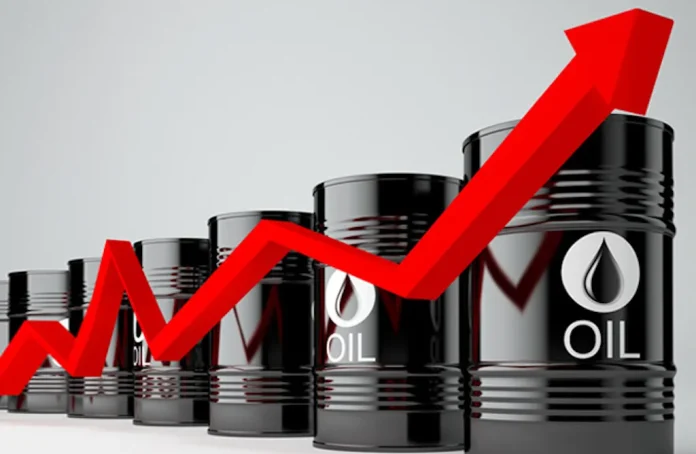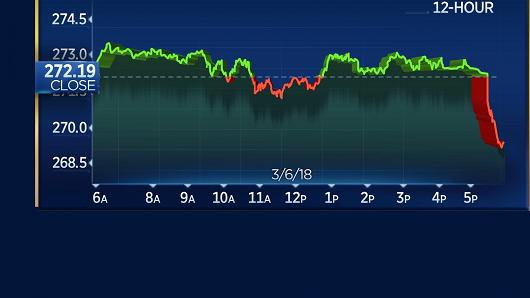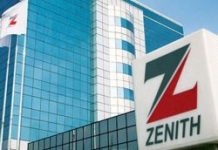The Nigeria’s state-owned oil firm, Nigerian National Petroleum Company Limited (NNPC), and private oil marketers have spent approximately $1.9 billion (nearly ₦3 trillion) on fuel imports between October 1 and November 11, 2024, despite the availability of refined products at the state-of-the-art Dangote Refinery.
Data obtained by the press shows the importation of 1.5 million metric tonnes of petrol and 414,018 metric tonnes of diesel during this period. The revelations have sparked controversy over Nigeria’s continued reliance on imported petroleum products and raised questions about the government’s commitment to domestic refining.
Critics, including the respected General Overseer of the Redeemed Christian Church of God, Pastor Enoch Adeboye, have accused influential figures in the oil and gas industry of sabotaging private refinery initiatives.
Speaking at the Abuja Special Holy Ghost Service, themed “Total Restoration,” Adeboye alleged that vested interests perpetuate fuel importation for personal gain, undermining national progress.
This comes as Nigeria grapples with a severe foreign exchange crisis, causing factory closures and the exodus of multinational companies. Yet, questions remain about how fuel importers secure scarce dollars for these transactions. On the foreign exchange market, the naira plummeted to ₦1,740/$ on the parallel market and depreciated further to ₦1,652/$ on the official NAFEM platform, reflecting systemic economic strain.
The Dangote Refinery has reportedly flagged concerns about the quality of imported fuel, suggesting that some imports include low-grade products. There are also allegations that the fuel is sourced from Russia at discounted rates, sidestepping sanctions imposed by Western nations.
The situation underscores a critical misalignment in government policies, particularly its failure to prioritise domestic refining. Analysts warn that unless Nigeria harnesses its refining potential, it risks deepening economic instability and foreign dependency.











